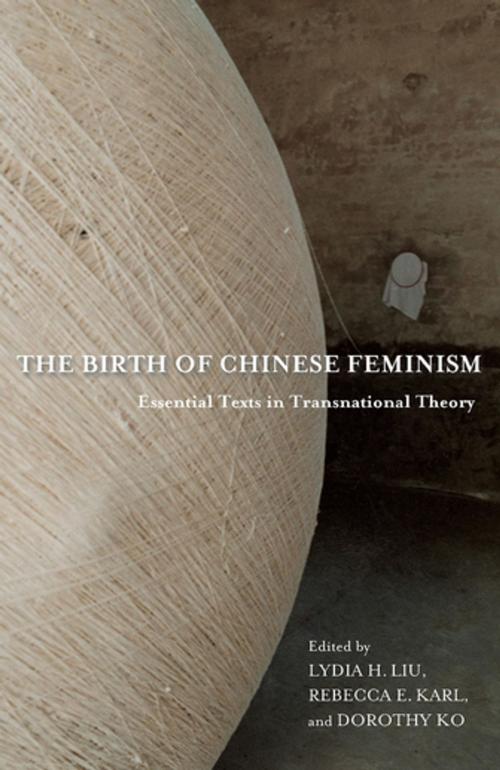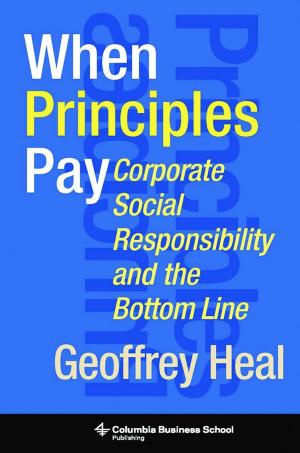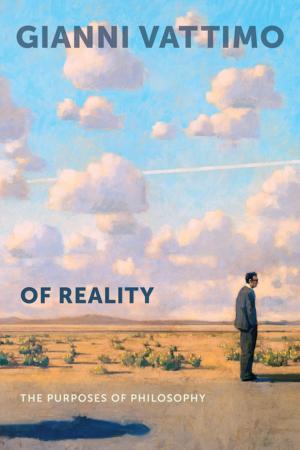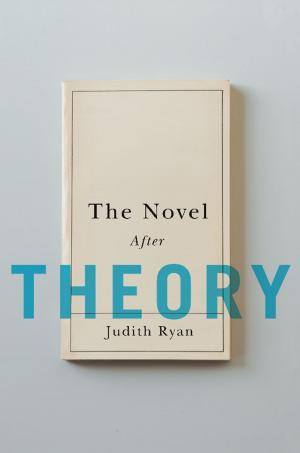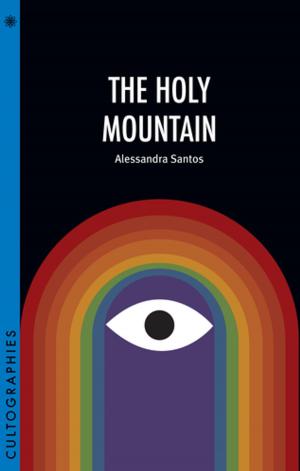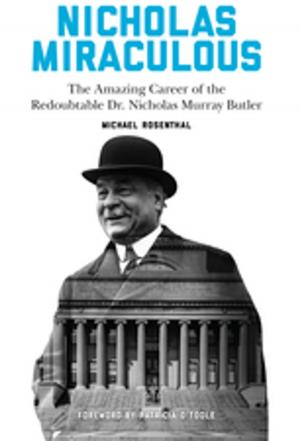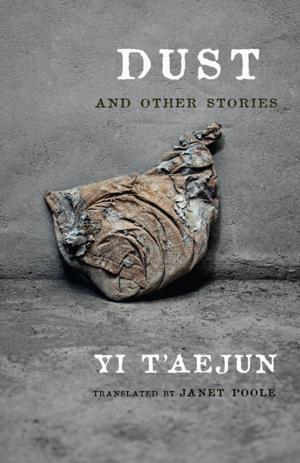The Birth of Chinese Feminism
Essential Texts in Transnational Theory
Nonfiction, Social & Cultural Studies, Social Science, Gender Studies, Feminism & Feminist Theory, Women&| Author: | ISBN: | 9780231533263 | |
| Publisher: | Columbia University Press | Publication: | March 26, 2013 |
| Imprint: | Columbia University Press | Language: | English |
| Author: | |
| ISBN: | 9780231533263 |
| Publisher: | Columbia University Press |
| Publication: | March 26, 2013 |
| Imprint: | Columbia University Press |
| Language: | English |
He-Yin Zhen (ca. 1884-1920?) was a theorist who figured centrally in the birth of Chinese feminism. Unlike her contemporaries, she was concerned less with China's fate as a nation and more with the relationship among patriarchy, imperialism, capitalism, and gender subjugation as global historical problems. This volume, the first translation and study of He-Yin's work in English, critically reconstructs early twentieth-century Chinese feminist thought in a transnational context by juxtaposing He-Yin Zhen's writing against works by two better-known male interlocutors of her time.
The editors begin with a detailed analysis of He-Yin Zhen's life and thought. They then present annotated translations of six of her major essays, as well as two foundational tracts by her male contemporaries, Jin Tianhe (1874-1947) and Liang Qichao (1873–1929), to which He-Yin's work responds and with which it engages. Jin, a poet and educator, and Liang, a philosopher and journalist, understood feminism as a paternalistic cause that liberals like themselves should defend. He-Yin presents an alternative conception that draws upon anarchism and other radical trends. Ahead of her time, He-Yin Zhen complicates conventional accounts of feminism and China's history, offering original perspectives on sex, gender, labor, and power that remain relevant today.
He-Yin Zhen (ca. 1884-1920?) was a theorist who figured centrally in the birth of Chinese feminism. Unlike her contemporaries, she was concerned less with China's fate as a nation and more with the relationship among patriarchy, imperialism, capitalism, and gender subjugation as global historical problems. This volume, the first translation and study of He-Yin's work in English, critically reconstructs early twentieth-century Chinese feminist thought in a transnational context by juxtaposing He-Yin Zhen's writing against works by two better-known male interlocutors of her time.
The editors begin with a detailed analysis of He-Yin Zhen's life and thought. They then present annotated translations of six of her major essays, as well as two foundational tracts by her male contemporaries, Jin Tianhe (1874-1947) and Liang Qichao (1873–1929), to which He-Yin's work responds and with which it engages. Jin, a poet and educator, and Liang, a philosopher and journalist, understood feminism as a paternalistic cause that liberals like themselves should defend. He-Yin presents an alternative conception that draws upon anarchism and other radical trends. Ahead of her time, He-Yin Zhen complicates conventional accounts of feminism and China's history, offering original perspectives on sex, gender, labor, and power that remain relevant today.
